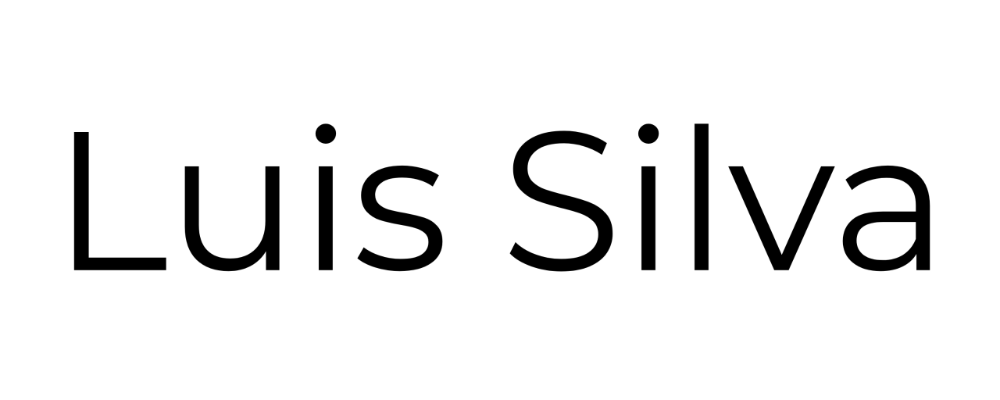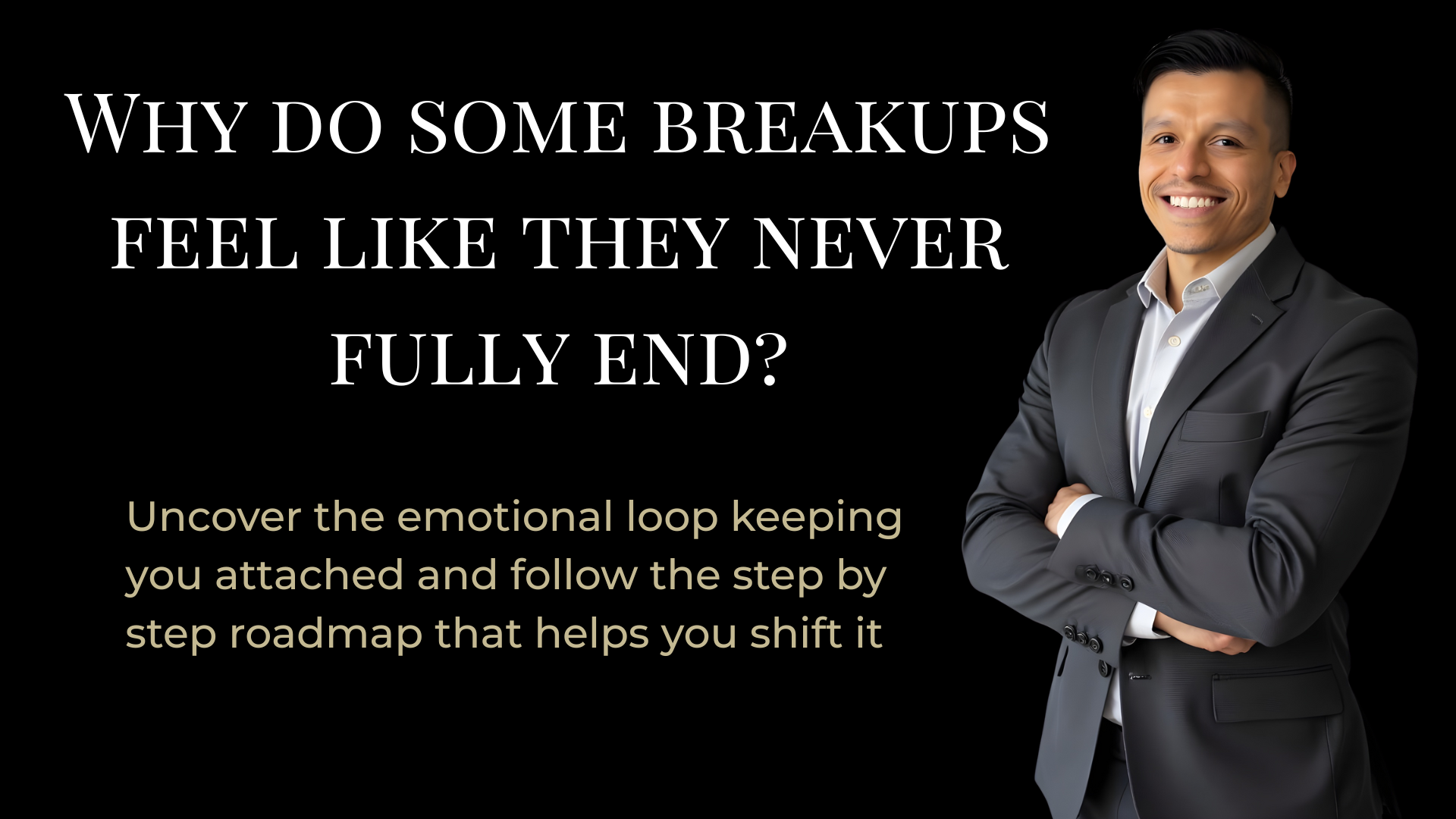
The Simple Question That Instantly Reveals If You're Ready for Real Change
There's a moment in every conversation with a potential client when everything becomes crystal clear. Not through lengthy questionnaires or complex assessments, but through one simple exchange that cuts through all the surface-level chatter and reveals exactly where someone truly stands in their journey.
You know what's fascinating about working with gay men who've been stuck in heartbreak patterns? They often think they need months of preparation before they're "ready" for real transformation. They tell themselves stories about needing to process more, understand more, or somehow become more emotionally prepared before taking that next step.
But here's what actually happens in those pivotal conversations: the men who are truly ready reveal themselves immediately, while those who aren't spend their energy explaining why they're not there yet. It's like watching someone either dive into the pool or stand at the edge making excuses about the water temperature.
The Internal Conversation Every Man Has
Picture this scenario: You're sitting across from someone who could potentially help you break through the patterns that have kept you stuck. Maybe it's a relationship that ended months ago, but you're still replaying conversations in your head. Maybe it's a pattern of choosing unavailable men that you recognize but can't seem to stop. Maybe it's that voice in your head that whispers you're not enough, not worthy, not ready for the kind of love you actually want.
In that moment, there's always an internal dialogue happening. And that dialogue reveals everything about readiness.
Some men immediately start calculating timelines and logistics. They're already mentally rearranging their schedule, thinking about how this could fit into their life, wondering about the practical steps involved. Their energy moves forward, toward possibility, toward action.
Others immediately start building walls of explanation. They dive into the complexity of their situation, the unique circumstances that make their case different, the reasons why timing isn't quite right. Their energy moves backward, toward justification, toward staying exactly where they are.
The Four Responses That Tell the Whole Story
The "How Soon Can We Start?" Response
This is the person who's been carrying their pain like a heavy backpack for so long that the possibility of setting it down feels like oxygen. When they hear about a path forward, their first question isn't about price or process - it's about timing. They want to know how quickly they can begin because staying stuck has become more uncomfortable than the uncertainty of change.
These are the men who've reached what some call the "enough is enough" moment. They're not just tired of the pattern; they're exhausted by their own resistance to breaking it. They've tried managing their heartbreak, analyzing it, understanding it from every angle, and they're finally ready to actually move through it.
The "I Need to Think About It" Response
Now, thinking isn't inherently a problem. But there's a difference between thoughtful consideration and mental spinning. The person who's truly ready might say they need to think, but they're thinking about how to make it work, not whether they should.
They're weighing practical considerations: schedule, commitments, resources. They're not questioning whether they deserve transformation or whether it's possible for someone like them. They've already crossed that bridge internally.
The person who's not ready uses thinking as a holding pattern. They want to analyze the process, research alternatives, compare options, and somehow think their way into being ready. But readiness isn't an intellectual exercise - it's an emotional shift that either has or hasn't occurred.
The "My Situation Is Different" Response
Every person's circumstances are unique, but the fundamental patterns of heartbreak and recovery follow surprisingly consistent principles. The person who immediately focuses on how their situation is uniquely complex is often the same person who's been using that complexity as a reason to stay stuck.
They'll tell you about the specific dynamics of their last relationship, the particular challenges of being gay in their community, the unique family background that shaped their attachment style. And while all of these factors are real and valid, focusing on them becomes a way to avoid the simple truth: that recovery requires stepping into the unknown, regardless of how you got where you are.
The person who's ready acknowledges their circumstances without being imprisoned by them. They understand that while their story is unique, their capacity for transformation isn't limited by their past.
The "I'm Scared But I'm Doing It Anyway" Response
This might be the most honest response of all. Fear doesn't disqualify anyone from being ready - in fact, it often indicates the opposite. The person who can acknowledge their fear while still moving forward has already demonstrated the kind of courage that transformation requires.
They might say something like, "I don't know exactly how this works, but I know what I've been doing isn't working." Or, "I'm terrified of getting my hopes up again, but I'm more terrified of staying where I am." This is the voice of someone who's ready to trade the familiar discomfort of their current situation for the uncertain discomfort of growth.
What Readiness Actually Looks Like
Here's what's interesting about readiness: it's not about having all your emotional ducks in a row or reaching some mythical state of perfect self-awareness. It's about recognizing that your current approach to dealing with heartbreak simply isn't working and being willing to try something different.
The men who are ready have usually reached a point where they've exhausted their own strategies. They've tried analyzing their way out of the pain, distracting themselves with work or dating or travel, giving themselves pep talks that last exactly until the next trigger hits. They're not necessarily happy about needing help, but they're realistic about the fact that they do.
Readiness also shows up in how someone talks about their future. Are they speaking from possibility or from limitation? Are they asking questions that assume transformation is achievable, or are they asking questions that assume it isn't?
The person who's ready might still have doubts, but they're doubts about process, not about their own worthiness. They might wonder if a particular approach will work for them, but they don't wonder if they deserve for something to work.
The Conversation Framework That Changes Everything
When you understand these different response patterns, you can have a completely different kind of conversation with yourself about where you stand. Instead of waiting for some perfect moment of readiness that may never come, you can ask yourself the same question that reveals everything in those pivotal conversations.
The question isn't complicated. It's not about your relationship history or your family dynamics or your attachment style. It's simply this: Are you more committed to understanding your patterns or to changing them?
Both are valid choices, by the way. There's nothing wrong with wanting to understand. But understanding and changing require different kinds of energy and commitment. One keeps you in your head, analyzing and processing. The other moves you into action, even when you don't have all the answers yet.
The men who are ready have made the shift from wanting to understand their heartbreak to wanting to recover from it. They're not necessarily less afraid or more confident - they're just more uncomfortable with staying stuck than with the uncertainty of moving forward.
Why This Matters Right Now
If you're reading this and recognizing yourself in any of these patterns, that recognition itself is significant. Most people never get to the point of honest self-assessment. They stay busy enough or distracted enough to avoid asking themselves the hard questions about what they're actually ready for.
But here you are, considering the possibility that maybe you've been overthinking your readiness. Maybe the perfect moment isn't going to arrive with a clear sign and a confidence you've never felt before. Maybe readiness is simply the willingness to stop doing what isn't working and try something that might.
The conversation that reveals readiness isn't actually with someone else - it's with yourself. And it's happening right now, as you read these words and notice what comes up for you. Are you thinking about how this could work, or about all the reasons why it couldn't? Are you curious about what's possible, or committed to why it's not?
Your internal response to these questions is telling you everything you need to know about where you stand. Not where you think you should stand, not where you wish you stood, but where you actually are in this moment.
The Bridge Between Knowing and Doing
There's always a gap between knowing what you need to do and actually doing it. For some people, that gap is crossed quickly, almost impulsively. For others, it becomes a chasm they stare across for months or years, always planning to cross but never quite taking the first step.
What makes the difference isn't courage or confidence or perfect timing. It's the recognition that the gap itself is just another place to get stuck. The bridge isn't built through more thinking or more preparing - it's built through the simple act of taking the next indicated step.
For someone dealing with heartbreak patterns that keep repeating, that next step might be admitting they need a different approach. For someone who's been managing their emotional life through willpower and analysis, it might be considering that there are more effective tools available. For someone who's been waiting for the perfect moment to invest in their own transformation, it might be recognizing that the perfect moment is the moment you stop waiting for it.
What Happens After the Conversation
Once you've had this internal conversation with yourself and gotten clear about your actual level of readiness, everything becomes simpler. Not easier, necessarily, but simpler.
If you discover that you're not actually ready for change right now, that's valuable information. You can stop pretending otherwise and give yourself permission to stay where you are for as long as you need to. There's no shame in not being ready - only in pretending you are when you're not.
If you discover that you are ready, despite your fears and doubts and imperfect circumstances, that's also valuable information. You can stop waiting for a readiness that feels different than what you're experiencing right now. This is what ready feels like: scared but willing, uncertain but committed, tired of your own patterns but energized by the possibility of something different.
The men who move forward from heartbreak into the kind of relationships they actually want aren't the ones who felt completely ready. They're the ones who were ready enough to start, even when starting felt uncomfortable.
Right now, you have everything you need to know where you stand. The conversation is happening whether you're consciously participating in it or not. The question is whether you're willing to listen to what it's telling you and act accordingly.
Your patterns didn't develop overnight, and they won't disappear overnight either. But your relationship with those patterns can shift in an instant - the instant you decide that recovering from heartbreak is more important than understanding it perfectly, the instant you choose possibility over analysis, the instant you realize that you've been ready all along but waiting for a feeling that was never going to come.
That instant might be right now. And if it is, you already know what the next step looks like.
Ready to Break Free from Heartbreak?
Discover the Proven Steps to Rebuild Confidence and Thrive in Life After Love.
Join a Community That Gets You and Helps You Thrive!
Join a community of high-achieving gay men receiving exclusive tools, tips, and support to overcome heartbreak and create a life they love.
We respect your privacy. Your information is 100% secure and will never be shared, sold, or used for spam. You can unsubscribe at any time.


